#renault
New Nissan CEO Examines Renault Alliance (Not the Car)
Nissan’s new chief executive, Makoto Uchida, believes now is the time to reassess its corporate partnership with Renault. In case this is the first automotive-related article you’ve read this year, the Renault-Nissan-Mitsubishi Alliance is sickly. Bizarre financial scandals involving the group’s former chairman Carlos Ghosn ( and others), internal power struggles, serious money troubles — the situation is rife with headaches. But Uchida says the only way to cope is to publicly recognize the elephant in the room and see what can be done.
“The alliance is critical to reach our goals,” Uchida said at Nissan’s headquarters in Yokohama on Monday. “We need to look at what worked within the alliance, and what didn’t, and decide how to go forward.”
Ghosn Finally Allowed to Speak With Wife
Carlos Ghosn, former head of the Renault-Nissan-Mitsubishi Alliance, has been allowed to see his wife Carole for the first time in seven months. Fortunately for Ghosn, the pair actually wanted to speak and had been complaining about this throughout their time apart. Indicted on various charges we’ve covered to death, Japanese courts decided last April that it was too big of a risk to let the couple interact. The fear was that the duo would somehow conspire or possibly tamper with evidence.
The suspension of their separation appears to be limited event, however. The Tokyo District Court only agreed to allow a single meeting after Ghosn’s legal council began pushing for softer bail conditions over the summer.
QOTD: Failure to Launch?
On Friday, our fancy-pants Associate Ed asked what you’d like to see out of a FCA-PSA shotgun nuptial. The answers were varied as they were predictable: 208 GTI, Panda, and the like.
Alert readers with long memories will certainly be quick, and correct, to point out this is hardly the first time Chrysler has gotten into bed with someone from France. Today, we ask you: what product couldah been a contendah the last time Franco-American relations were undertaken?
Ghosn Lawyers Request Dismissal, Citing Rights Violation
Legal representatives for former Nissan chairman Carlos Ghosn are requesting Japanese courts dismiss all charges against him on the grounds that prosecutors violated his rights. The filings were submitted ahead of Thursday’s pre-trial hearing before the Tokyo District Court and represent the first real look we’ve had at Ghosn’s defense — which, until now, has just involved him repeatedly professing his innocence.
The core issues focus on accusations of illegal evidence collection and a Nissan-led conspiracy to place him behind bars. But Ghosn’s legal team has also established rebuttals to the charges leveled against him. While those will only come into play if the trial moves forward, we’re skeptical that the case will be dissolved. But let’s begin a little closer to the beginning.
Renault Chairman Gives Himself One Year to Fix Alliance With Nissan
Now that the Renault-Nissan-Mitsubishi Alliance has its upper echelon sorted, the time has come to mend the partnership properly. With the new staffers healthily distanced from the old guard of the Ghosn era, Renault Chairman Jean-Dominique Senard is giving himself one year to fix things before considering the entire issue a “failure, on a personal level, and by our teams.”
Senard didn’t explain the benchmarks for success, and twelve months doesn’t allot much time to right a ship that’s been listing for several years. Rumors exist that Renault may even be looking to ditch Nissan for becoming too much of a burden. Meanwhile, the Japanese automaker’s former CEO, Hiroto Saikawa, estimated the company’s vast restructuring efforts would not significantly improve profitability for at least another year.
However, most of what we’ve heard from Nissan and Renault leadership includes a concerted effort to restore trust within the auto alliance and strengthen industrial ties. Contentious merger talks have also fallen by the wayside and are unlikely to crop up after Renault’s own profitability warning from earlier this month.
Rare Rides: A Panhard 24 From 1964 - Parental Problems
Rare Rides is partial to the unique motoring opportunities offered by French manufacturers. Among many Citroëns featured here, recently a Talbot-Lago coupe wowed the eyes with its style and price. Today we’ll take a look at another French coupe that’s a bit more affordable.
It’s an unrestored Panhard 24 from 1964.
Corporate Coup? Renault Officially Needs a New CEO
Renault’s board of directors met today to decide the fate of CEO Thierry Bolloré. Though we should say ex-CEO, because they fired him.
As the most recent executive to become subject to the management shakeup that’s bent on removing anyone within the Renault-Nissan-Mitsubishi Alliance with ties to defamed founder Carlos Ghosn, Bolloré called the board’s decision surprising ( it wasn’t). Speaking with France’s Les Échos, he contended that he was more concerned with the wellbeing of Renault than corporate politics and expressed fears that the alliance could be falling apart as Japan aggressively seeks to remove more Ghosn-era hires.
“I appeal to the highest level of the State shareholder, guarantor of the rules of good governance, not to destabilize Renault, flagship of our French industry,” he said. “This coup is very disturbing, it is very important to understand the ins and outs of what is happening in Japan.”
Renault CEO's Removal Could Come Soon
The French media is reporting that Renault CEO Thierry Bolloré could be removed as part of a greater initiative to clean house within the Renault-Nissan-Mitsubishi Alliance. As usual, the cornerstone of the controversy stems from the executive’s close ties to Carlos Ghosn.
That relationship makes him suspect, as numerous high-ranking employees at Nissan are currently under suspicion of having helped or benefited from the alleged financial misdeeds surrounding the ousted chairman. In fact, the Japanese automaker had to select a new CEO in short order after information emerged implicating former corporate head Hiroto Saikawa — encouraging his September resignation.
Now there’s a campaign in place to distance the automaker from Ghosn-era hires and legacy staffers with deep links to him. Everyone expects Renault to do the same.
Nissan's Management Problem
On Tuesday, a subset of Nissan’s board intends to request access to a list of 80 Nissan employees suspected of aiding former Chairman Carlos Ghosn in his alleged financial malfeasance. Assembled by Nissan’s former audit chief, Christina Murray, and company, the document compiles actions taken by staffers believed to have assisted Ghosn directly or attempted to impede the resulting investigations.
Among them is Hari Nada, Nissan’s vice president, who oversees the company’s legal department. Despite being instrumental in Ghosn’s November arrest by acting as a whistleblower to Japanese authorities, along with Toshiaki Onuma, his role as one of the ousted executive’s many confidants has placed him under suspicion — as did his reluctance to recuse himself from the company’s legal affairs.
Nada is now being pressured to resign. However, it’s not clear if this is the result of any actual wrongdoing or an internal power struggle happening inside the Renault-Nissan-Mitsubishi Alliance. Considering the power vacuum created by Ghosn’s arrest and the swift retirement of ex-CEO Hiroto Saikawa (who also makes the 80-person list), both scenarios seem equally plausible.
The Final Three: Renault Chairman Assesses Nissan's Candidates for CEO
The hunt for Nissan’s next chairman has been narrowed to three potential candidates. Their final challenge will be impressing Renault chairman Jean-Dominique Senard. According to reports, Senard spent the better part of Tuesday interviewing Renault-Nissan veterans — via teleconference or face-to-face meetings in Paris.
Considering the laundry list of problems Nissan currently faces, it’s difficult to imagine why anybody would want the job. Maybe it’s the sizable paychecks or perhaps an eagerness to turn things around at the automaker. Either way, whoever Nissan ends up with will have at least as much as they can handle.
Let’s take a look at the candidates.
Renault Chairman Still Carries a Torch for FCA Merger
While the proposed merger between Renault and Fiat Chrysler Automobiles was stymied after the French government refused to sign off on the deal without support from Renault’s Japanese partners, Chairman Jean-Dominique Senard has indicated he’s still keen on the idea.
Nissan’s reluctance to endorse the arrangement last June may have queered the deal, but things are evolving. The Japanese automaker has strived to reduce Renault’s influence in the automotive alliance, especially since the November arrest of Carlos Ghosn. Unfortunately for Nissan, ex-CEO Hiroto Saikawa was also caught up in the financial scandal — forcing him to resign. The Japanese automaker is now seeking a permanent replacement while CFO Yasuhiro Yamauchi runs things in the interim.
While it’s unlikely to make Japanese shareholders supportive of French involvement, it does provide an opportunity for Nissan to find a new chief executive who’s a bit more sympathetic to Renault’s desires.
Rare Rides: A Rene Bonnet Le Mans From 1963 - French and Fiberglass
Today’s Rare Ride is one of the more obscure vehicles seen on these pages. The result of an argument between two men, the Le Mans was a short-lived model from a short-lived manufacturer.
No Friends in the Renault-Nissan Alliance?
Former Renault-Nissan Alliance director Arnaud Deboeuf is leaving Renault to chase sunnier pursuits at French rival PSA. It’s no secret that the relationship between Nissan and Renault has become severely strained, however, Deboeuf’s departure throws more light on how personal issues are impacting the broader business. He effectively blamed Renault CEO Thierry Bolloré for his leaving the alliance.
“Thierry Bolloré told me no one wanted to work with me … and that I could not go to work at Nissan either,” Deboeuf explained in a final letter to his colleges.
More Van News From Mercedes-Benz
Despite vans being slightly more popular than getting a thumb in the eye, Mercedes-Benz is sticking with them. Earlier in the month, the automaker revealed the production version of its 252-mile (we’ll see) EQV. Essentially an electrified version of the plush V-Class/Metris, the model will likely serve a very specific subset of the population.
On the other end of the spectrum, Daimler has been mulling over what should be done about the Citan. As the smallest van in MB’s range, the Citan also has the lowest point of entry. However, sales are roughly one-sixth what the V-Class sees in Europe, making it a plausible candidate for discontinuation. But it was not to be. On Friday, Daimler announced it will keep its smallest MPV on the table.
There's More Than One Name in This Little Black Book, Manley Tells Renault
Maybe that’s a dated reference in this age of smartphones and hookup romance apps. Regardless, the list of potential partners for a prowling Fiat Chrysler doesn’t begin and end with Renault-Nissan-Mitsubishi.
Oh sure, it wouldn’t mind getting down to business with the French-Japanese auto giant, but there’s plenty of fish in the sea. FCA knows it’s a catch, and wants to put Renault on notice that it has plenty of choice in who it goes home with.









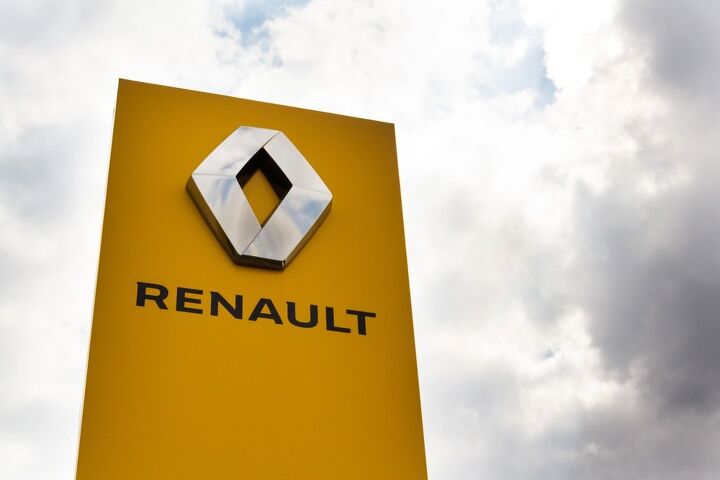
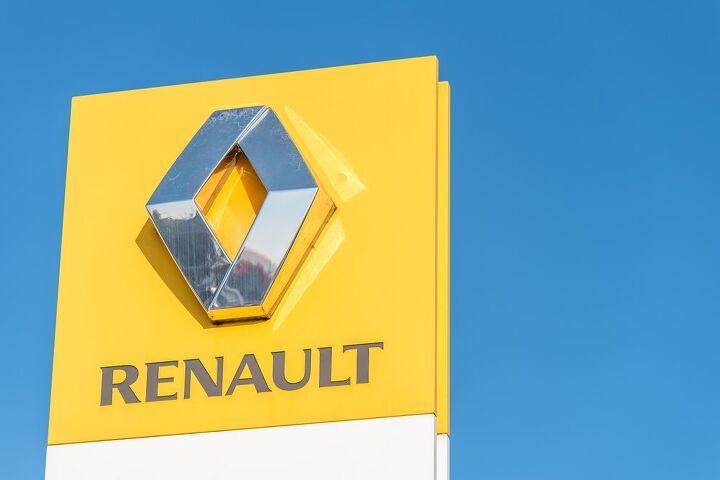
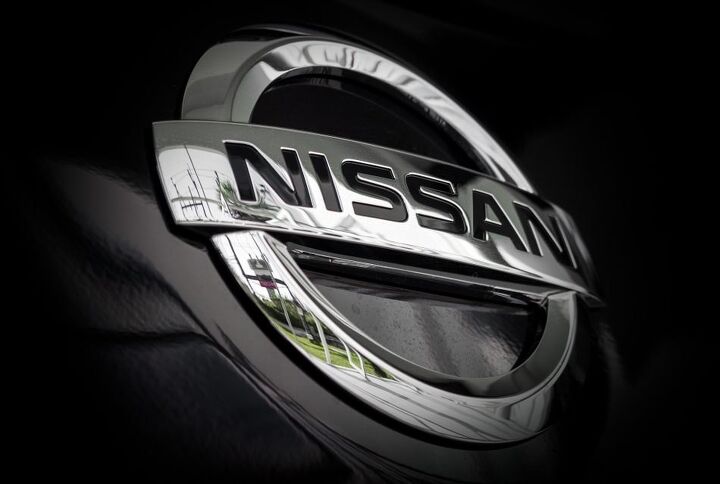

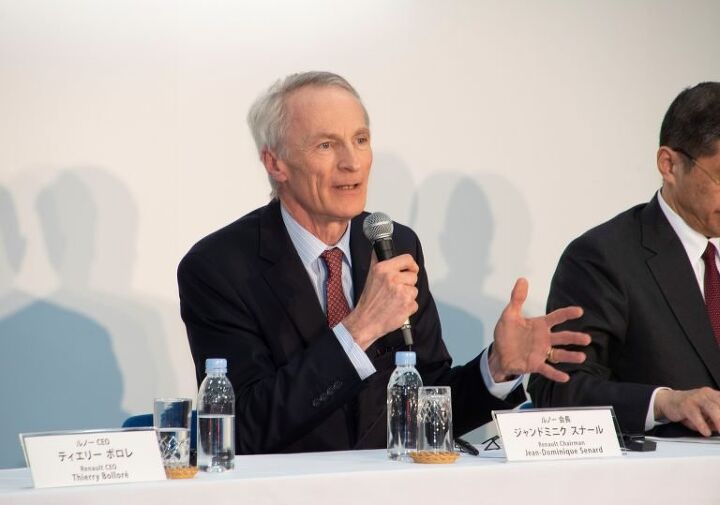
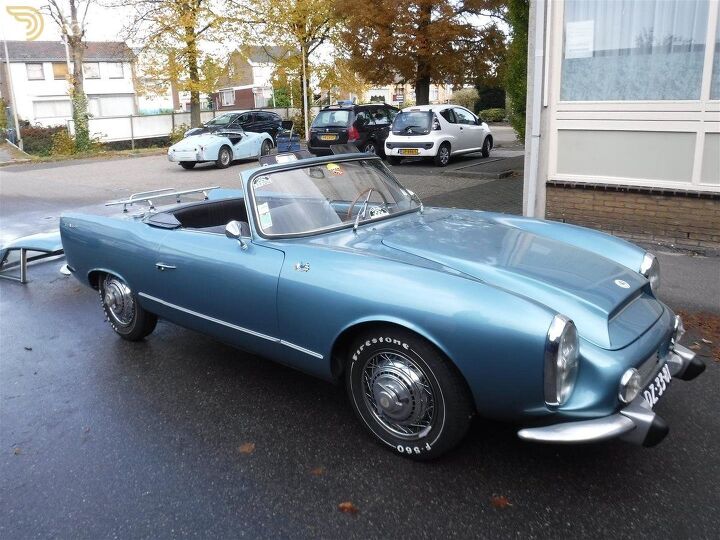
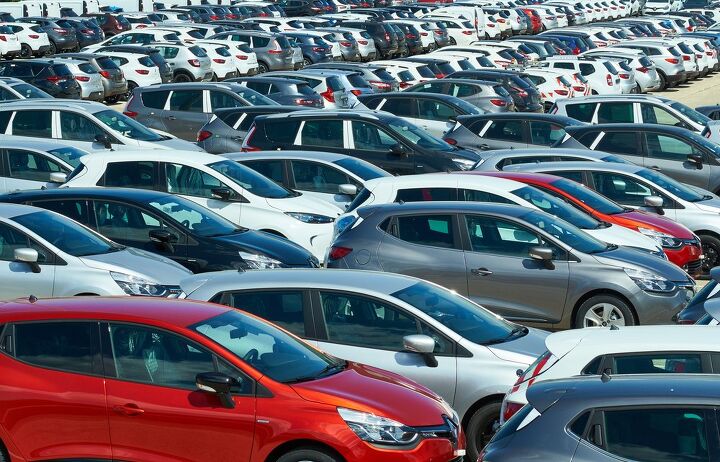
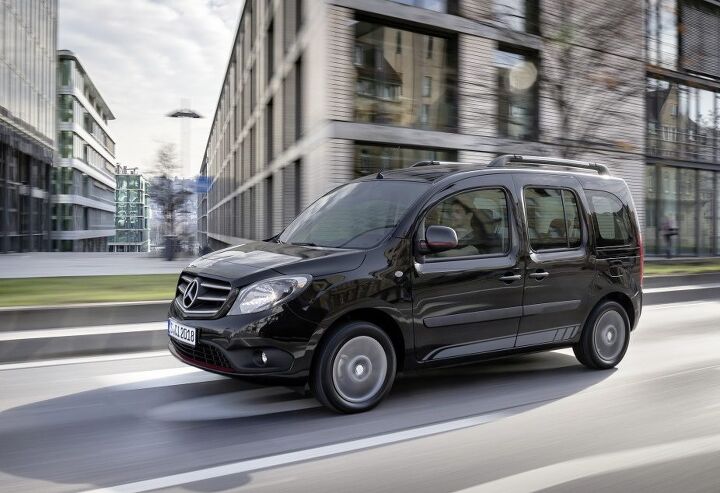
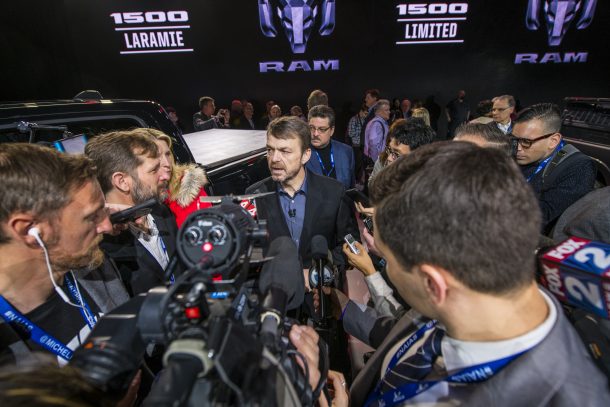












Recent Comments